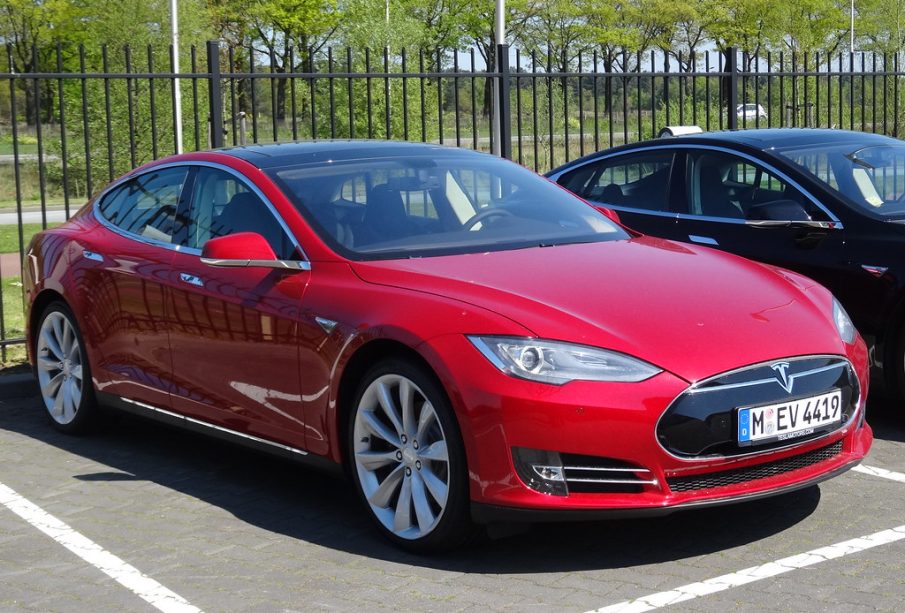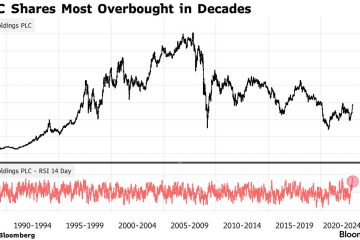The Future of Tesla: Innovations and Market Trends

Introduction
Tesla, Inc. has become synonymous with electric vehicles (EVs) and cutting-edge technology. Founded in 2003 by engineers Martin Eberhard and Marc Tarpenning, with Elon Musk joining shortly after, Tesla has positioned itself at the forefront of the sustainable transport revolution. As global interest in electric vehicles surges due to climate change concerns and increasing fossil fuel prices, Tesla’s role in the market is more significant now than ever.
Recent Developments
In late 2023, Tesla announced its ambitious plans for 2024, including the rollout of its much-anticipated Cybertruck. After years of speculation and delays, the Cybertruck is set to enter production later this month, aiming to carve a niche in the highly competitive truck market. Additionally, Tesla has been expanding its Gigafactories globally, with new facilities in India and Germany, signalling its commitment to boosting production capabilities and reducing delivery times.
Market Trends and Performance
According to industry analysts, Tesla’s stock performance has been driving the EV market’s resurgence, thanks to a booming demand for environmentally-friendly vehicles. The company reported a 20% increase in delivery numbers in the third quarter of 2023, pushing their total vehicles delivered this year to over 1.5 million. This growth demonstrates not only Tesla’s innovation in vehicle design and technology but also its strategic positioning against traditional automakers.
Challenges Ahead
Despite its successes, Tesla faces several significant challenges. Increased competition from legacy automakers and new entrants like Rivian and Lucid Motors is putting pressure on Tesla’s market share. Furthermore, ongoing supply chain disruptions continue to affect production timelines and costs. The rise in raw material prices, particularly for lithium used in batteries, has also impacted profit margins, highlighting the need for Tesla to adapt competitively.
Conclusion
The future of Tesla rests heavily on its ability to innovate and embrace change in an ever-evolving market. With promising developments such as the Cybertruck and international factory expansions, Tesla is well-positioned to maintain its dominance in the electric vehicle sector. However, the company must navigate substantial obstacles, including competition and supply chain challenges, to uphold its vision of a sustainable transportation future. As Tesla continues to innovate, its impact on both the automotive industry and global efforts towards sustainability will remain closely watched by investors and consumers alike.









